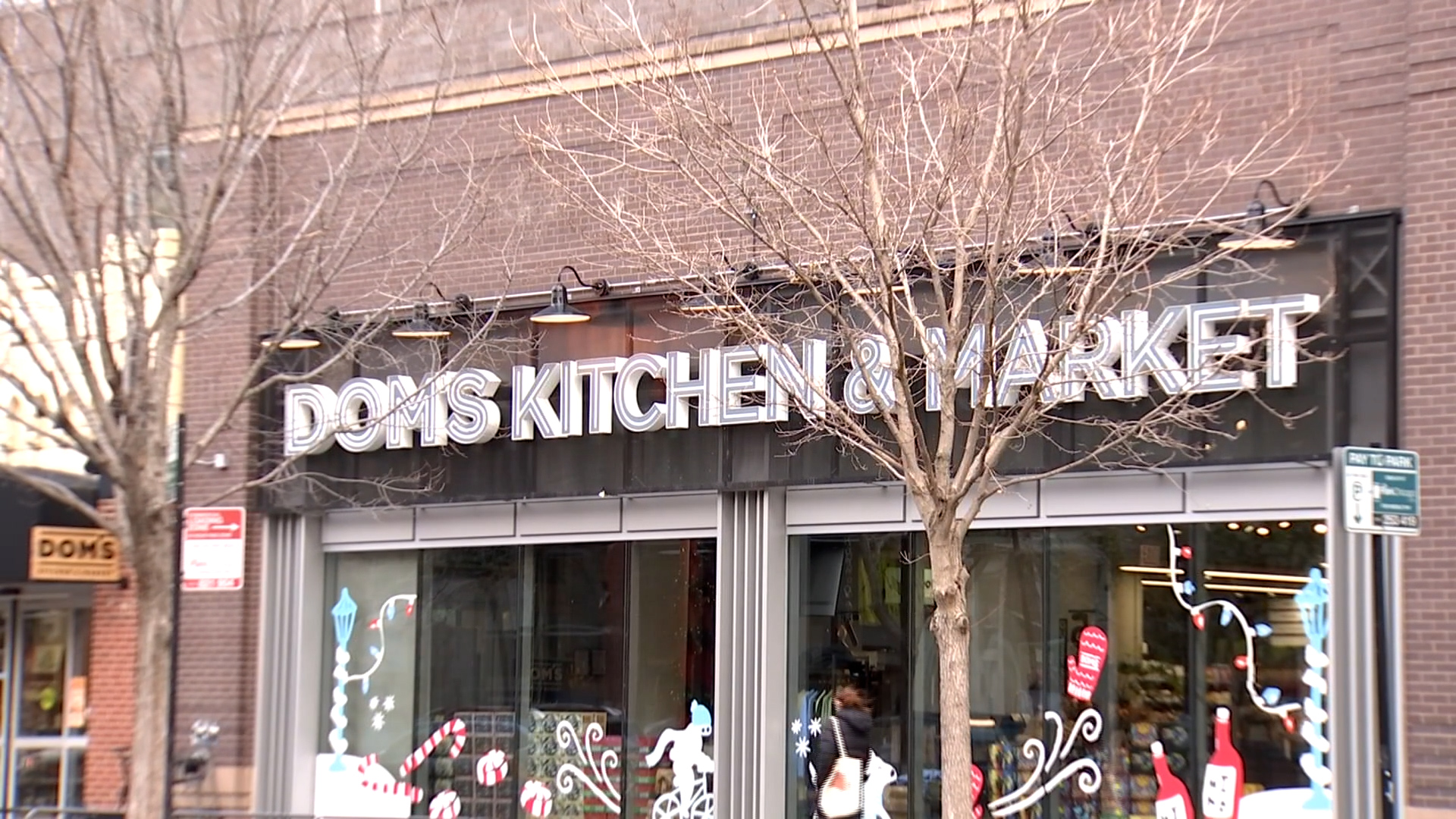
Families across the U.S., including in the Chicago area, won't receive a monthly deposit from the child tax credit Friday for the first time in half a year.
The monthly tax credits were part of President Joe Biden's $1.9 trillion coronavirus relief package — and the president had proposed extending them for another full year as part of a separate measure focused on economic and social programs.
But Democratic Sen. Joe Manchin, from Roberts' home state of West Virginia, objected to extending the credit out of concern that the money would discourage people from working and that any additional federal spending would fuel inflation that has already climbed to a nearly 40-year high.
Manchin's opposition in the evenly split Senate derailed Biden's social spending package and caused the expanded tax credits that were going out in the middle of every month to expire in January. This is whittling down family incomes at the precise moment when people are grappling with higher prices.
Feeling out of the loop? We'll catch you up on the Chicago news you need to know. Sign up for the weekly Chicago Catch-Up newsletter here.
However, families only received half of their 2021 credit on a monthly basis and the other half will be received once they file their taxes in the coming months. The size of the credit will be cut in 2022, with full payments only going to families that earned enough income to owe taxes, a policy choice that will limit the benefits for the poorest households. And the credits for 2022 will come only once people file their taxes at the start of the following year.
By the Biden administration's math, the expanded child tax credit and its monthly payments were a policy success that paid out $93 billion over six months. More than 36 million families received the payments in December. The payments were $300 monthly for each child who was 5 and younger and $250 monthly for children between the ages of 6 and 17.
The Census Bureau surveyed the spending patterns of recipients during September and October. Nearly a third used the credit to pay for school expenses, while about 25% of families with young children spent it on child care. About 40% of recipients said they mostly relied on the money to pay off debt.
Local
There are separate benefits in terms of improving the outcomes for impoverished children, whose families could not previously access the full tax credit because their earnings were too low. An analysis by the Urban Institute estimated that extending the credit as developed by the Biden administration would cut child poverty by 40%.
The IRS will start the tax filing season 17 days earlier than last year, beginning Jan. 24, citing potential challenges due to an increase in COVID-19 infections nationwide and less funding authorization from Congress.
Here's what IRS Commissioner Chuck Rettig said to do in order to avoid or minimize tax return and refund processing and delays:
- Avoid filing a paper tax return. Rettig added that receiving refunds through direct deposit will be "more important than ever this year."
- Report COVID-19 Economic Impact and advance Child Tax Credit payments. According to Rettig, taxpayers who received these payments must report them correctly on their tax returns to avoid processing delays.
The deadline for filing individual tax returns is April 18, Illinois CPA Society reminded, which is three days later than the traditional April 15 deadline due to an Emancipation Holiday in Washington, D.C.
Taxpayers will also have until April 18 to request a filing extension, which gives people until Oct. 17 to file their 2021 returns.
According to the Illinois CPA Society, the IRS anticipates most taxpayers who are due refunds will receive them within 21 days of electronic filing, barring any issues with the tax return.



